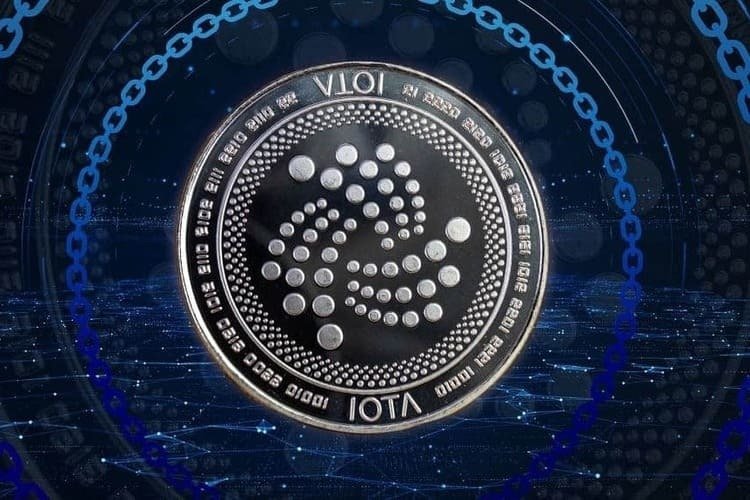IOTA Selected for Phase 2A of the EU Blockchain Initiative

The IOTA Foundation announced that it has become one of the five selected partners of the EU EBSI (European Blockchain Services Infrastructure) project in phase 2A. The goal of EBSI is to provide operational blockchain solutions for EU countries by the summer of 2023, which can also be used to perform the daily tasks of administration, industry and citizens abroad. According to the current blog post, IOTA hopes to continue participating in EBSI in the second half of 2022. It is expected that three of the current five partners will be selected to complete the EBSI in phase 2B.
The current focus of the IOTA Foundation is on demonstrating in tests how IOTA technology enriches EBSI. International copyright management and traceable digital waste recycling chains are given as practical examples. Processes must be securely documented on the blockchain, where authorized entities can then access the data. IOTA is engaging the German company Software AG as a subcontractor as part of its commitment to EBSI.
The IOTA Foundation names five main topics that are expected to be considered by EBSI in the coming months:
- Scalability: Tanglenet IOTA can currently handle up to 1000 transactions per second (TPS). It can be foreseen that EBSI, with its various use cases, will require significantly more power. IOTA wants to achieve this by sharding and adding other networks to the actual Tanglenet.
- 2Consensus mechanism. Develop a weight approval consensus mechanism that is very flexible and allows for both permissionless and permissioned use cases.
- Governance. In order to control EBSI blockchains, it is necessary to comply with EU guidelines and involve various authorities. IOTA wants to make the respective governance models flexible and technologically feasible.
- Identification. Digital identity consistent with privacy and data protection will be essential at EBSI. IOTA has already done preliminary work with Identity, which is already being tested in projects other than EBSI.
- Interoperability. The IOTA Foundation cites the need to make EBSI interoperable with other blockchains and protocols. To this end, they want to develop bridging solutions and integrate the widely used Ethereum virtual machine (EVM) for smart contracts.
Image: CryptoMoonPress